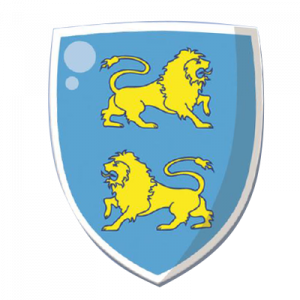Science
Science Curriculum
Intent
At Stanton School, our approach to science is to expose children to the specific disciplines of physics, chemistry and biology. Science education is essential to provide children with a broad understanding of the world and their place in it. Our curriculum enables pupils to recognise the connectedness of science and how each new topic connects to everyday life and familiar contexts. Each unit provides a strong foundation of scientific knowledge, skills and vocabulary that can empower and equip pupils to participate, challenge and reshape the world around them.
By the time pupils move on to secondary school, they will be able to answer their own science questions independently, by carrying out one of the five types of enquiry: observing over time; pattern seeking; identifying, classifying and grouping; comparative and fair testing (controlled investigations); and researching using secondary sources. The end points for working scientifically, set out in the National Curriculum for Y2 (where the focus is observation and exploration) and moving towards Y4 (scaffolded enquiry), are the stepping stones towards this goal.
The Stanton science curriculum has been carefully sequenced to provide progression through the domains of biology, chemistry and physics. Our spiral curriculum ensures children build the foundations of their substantive and disciplinary knowledge in each of the scientific disciplines and continue to return to these and build on them. Pupils develop their understanding of how the ‘small’ ideas and details they have previously mastered develop into ‘bigger’ ideas.
Implementation
Our whole school approach to the teaching and learning of science involves the following:
- Science is taught in weekly 2 hour lessons. Lessons are planned using the knowledge matrices from the ASE PLAN document.
- Development of substantive and disciplinary knowledge. The children gain knowledge of scientific concepts and deepen their understanding through ‘working scientifically’.
- Connect 4s are completed at the start of lessons to assess prior knowledge and identify gaps in understanding which can be addressed before moving on.
- A whole school Science Week is held every two years, which fosters enjoyment of science, develops cross-curricular links and encourages discussion and teamwork.
- Use of explorify to increase children’s opportunities to work scientifically.
- CPD inset provided to teachers to ensure high quality knowledge.
Impact
Our science curriculum is planned to demonstrate progression year on year. In addition, we measure the impact of our curriculum through the following methods:
- Termly science assessments to track progress.
- KWL grids completed for each topic
- Monitoring of books
- Pupil voice
- Learning walks
- Staff surveys
